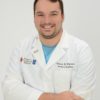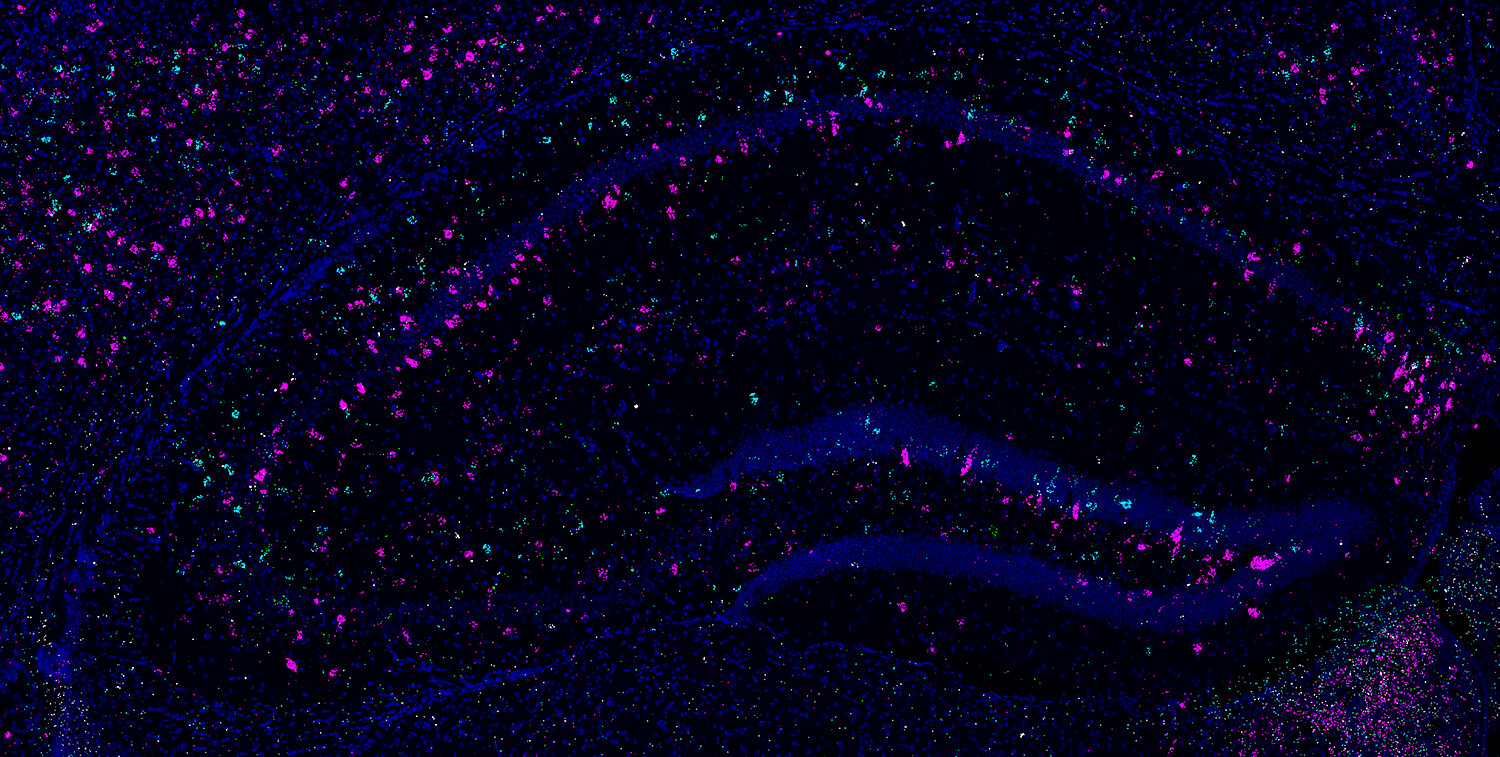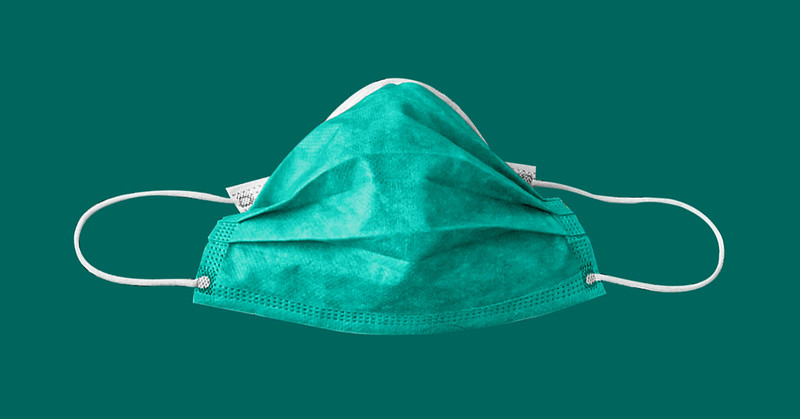 Jung Uk Kang (1 Posts)
Jung Uk Kang (1 Posts)Contributing Writer
Baylor College of Medicine
Jung Uk Kang is a post-doctoral associate at Baylor College of Medicine in Houston, TX. In 2023, he graduated from Washington University School of Medicine with a PhD in neuroscience. He enjoys tennis, biking, and drumming. In the future, Jung Uk would like to purse a career in the field of systems neuroscience.
Science, in German, is Wissenschaft, which translates to “pursuit of knowledge” in English. I recently finished my neuroscience PhD training and revisited my scientific journey spanning from my teenage years to my PhD thesis. As a teenager, I was busy memorizing knowledge from textbooks. As an undergraduate, I had some experiences where I learned that science is not always as clear-cut as what I was taught in classes. As a PhD student, I have been trained to look at scientific findings with a critical eye and always ask if they are accurate.
Throughout the COVID-19 pandemic, I kept myself sane by writing “Notes from the 13th Floor” — a series of moments I wished I could share with the outside world and the kind I never wanted to forget.
Children raised in foster homes tend to have a high morbidity. They have developed a similar prevalence of serious physical and mental problems comparable to those of other disadvantaged children populations.
Physicians are expected to understand and apply research in order to provide their patients with the best available care. To meet this growing demand, there has been an increase in the number of physician-scientists in biomedical research.
It has become more and more evident with time that the health care delivery system in the United States is riddled with issues, which have led to many disagreements about policy because there is no clear and universally acceptable solution to our problems.
 Ashten Duncan, MPH, CPH (11 Posts)
Ashten Duncan, MPH, CPH (11 Posts)Columnist, Medical Student Editor and Former Managing Editor (2017-2018)
OU-TU School of Community Medicine
Ashten Duncan is a third-year medical student at the OU-TU School of Community Medicine located in Tulsa, Oklahoma. A 2018-2019 Albert Schweitzer Fellow, he recently received his Master of Public Health (MPH) with an interdisciplinary focus from the University of Oklahoma Hudson College of Public Health. Ashten attended the University of Oklahoma for his undergraduate program, completing a Bachelor of Science (BS) in Microbiology and minors in Chemistry and French. An aspiring family physician, Ashten is currently on a National Health Service Corps scholarship. His research interests include hope theory, burnout in medical education, and positive psychology in vulnerable populations. Ashten is passionate about creative writing and what it represents. He has written pieces that have been published on KevinMD.com and in-Training.org and in Blood and Thunder and The Practical Playbook. Ashten is currently serving as Associate Author for the upcoming edition of First Aid for the USMLE Step 1.
The Lived Experience
As medical students, we sometimes lose sight of our purpose for going into medicine and feel that we are exerting ourselves excessively with little feedback from our environment. It is important that we remember that, while we are living through the experiences that come with our training, our future patients are also living through their own experiences. The focus of this column is to examine topics in positive psychology, lifestyle medicine, public health and other areas and reflect on how these topics relate to medical students, physicians and patients alike.


